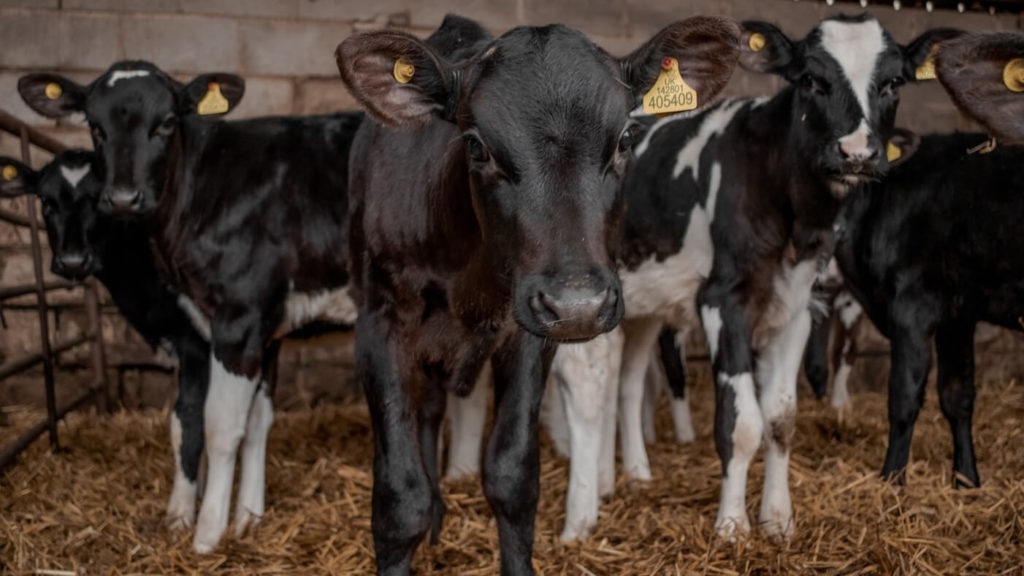The number of dairy farms in the US is declining.
The US Department of Agriculture (USDA) reports the number dropped nearly nine percent since the year before. In 2019, the U.S. had an average of 34,187 dairy farms, down from 37,468 the previous year.
Some states shuttered more dairy farms than others. In many states, the number of dairy farms declined by more than ten percent.
West Virginia had the highest reduction in dairy farms, down 23 percent. Dairy farms in Arkansas, Tennessee, and South Carolina all declined by 20 percent.
According to the USDA, there weren’t any states that reported an increase in dairy farm numbers.

People Are Drinking Less Milk
One possible reason for the decline in dairy farms? People are consuming less milk.
According to the USDA, the consumption of milk has plummeted 40 percent since 1975.
In November 2019, Dean Foods—America’s largest milk producer—filed for Chapter 11 bankruptcy protection. The company said its increasing debt was due to declining milk sales.
“Despite our best efforts to make our business more agile and cost-efficient, we continue to be impacted by a challenging operating environment marked by continuing declines in consumer milk consumption,” Dean Foods’ CEO Eric Beringause said in a release.
The Dairy Farmers of America reported milk sales plummeted by $1.1 billion in 2018. A consumer shift towards plant-based milk products is partly to blame.
According to The Good Food Institute, the plant-based milk industry is worth more than $1.8 billion. In the U.S., 37 percent of households regularly purchase vegan milk.

Coffee Chains Embrace Plant-Based Milk
The demand for plant-based milk products is growing so rapidly, the industry is expected to be valued at more than $35 billion by 2026.
This month, American bakery-cafe chain Panera announced it would stop adding surcharges to orders containing plant-based milk.
Although Starbucks continues to upcharge drinks containing vegan milk, the coffee giant’s CEO Kevin Johnson agrees plant-based milk is better for the environment.
Last month, the company aims to reduce carbon emissions by 50 percent by 2030. Johnson stated, “alternative milks will be a big part of the solution. The consumer-demand curve is already shifting.”
Earlier this year, coffee chain Pret a Manger announced it would stop charging customers more for vegan milk. Costa Coffee, Tim Hortons, and Stumptown Coffee Roasters have stopped charging extra for plant-based milk, too.


